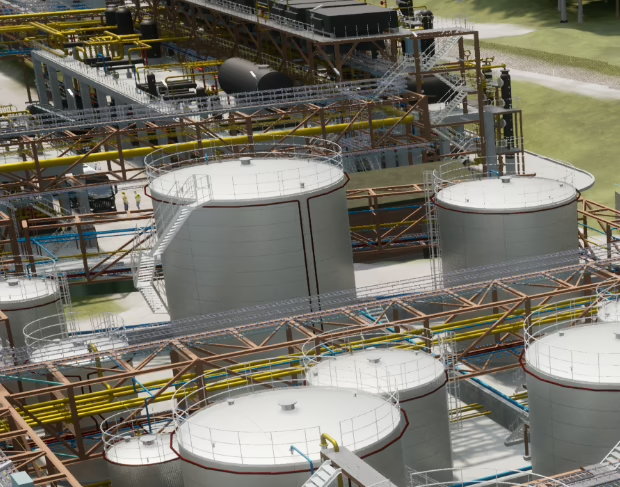
Swedish Biofuels has developed a conversion process with the potential to produce 100% SAF.
A sustainable aviation fuel (SAF) that potentially could be used as a 100% drop-in replacement for fossil jet fuel has passed a ballot within standards development body ASTM International.
Alcohol-to-jet synthetic paraffinic kerosene with aromatics (ATJ-SKA), developed by Swedish Biofuels, is expected to be approved for use in aircraft engines in blends up to 50% once the specification is published as Annex 8 to ASTM D7566, the overall standard for SAF.
The eighth feedstock-to-fuel SAF pathway to be approved for use in aircraft, the specification for ATJ-SAK is expected to be published by ASTM in this quarter. Swedish Biofuels has an alliance with engineering company KBR to offer its ATJ-SKA technology, called PureSAF, to fuel producers.
Fossil jet fuel includes a small percentage of aromatic hydrocarbons that are key to the correct operation of fuel seals. Because SAF produced using the ATJ-SKA process includes aromatics, it has the potential to completely replace fossil jet fuel without required modifications to aircraft or engines.
“With the ability to . . . vary the amount of aromatics, the fuel produced . . . is completely indistinguishable from fossil kerosene in its composition and properties,” says Swedish Biofuels. Initially approved for 50% blends, “it is an important milestone in the sustainability journey and a short reach to 100% certification,” the company says.
In addition to processing ethanol and other alcohols to liquid fuels, the technology also can be used to convert carbon dioxide and synthesis gas to SAF, allowing the use of wood waste and other biomass, as well as captured CO2, as feedstocks.
